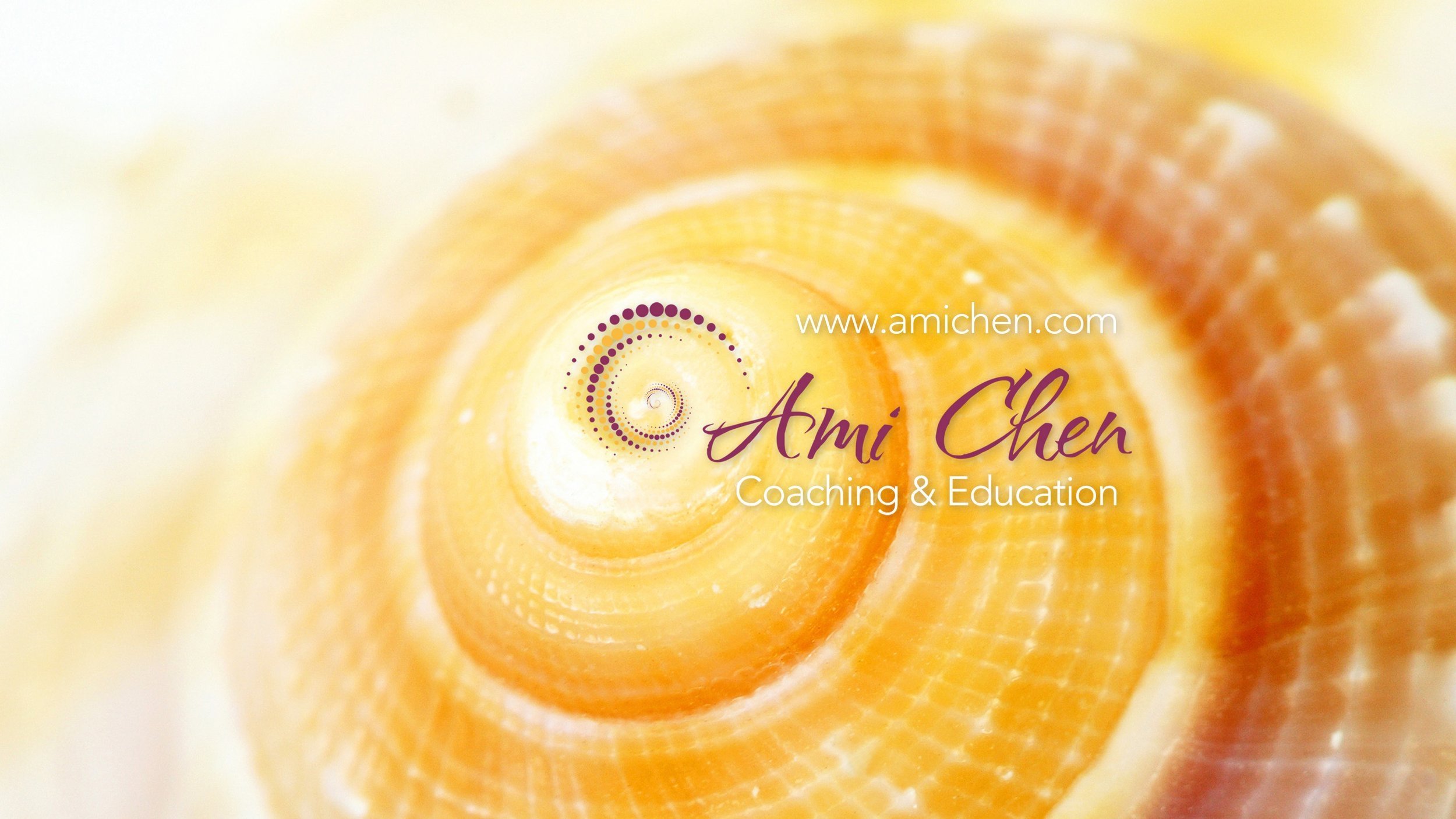How to Enjoy Being Wrong
By Ami Chen Mills-Naïm
Most of us hate to be wrong. Being wrong seems like some kind of weakness. It’s embarrassing to be proven wrong. We thought we were so right, convinced we were! And then some new fact, or piece of information punctures our self-righteous bubble.
From my view, one of the best things in life is actually to discover that you’re wrong! Especially in families, we carry thoughts about ourselves and others: “My husband doesn’t really care about me,” “She will never change,” “There is no solution to this,” “My children have too many problems,” “My children are being disrespectful,” “My children are not smart … My children—etc. etc.”
"Willing to be wrong means willing to go into the unknown."
And then there other thoughts, about ourselves: “I am not good enough” … “I am not a good parent” … “I am not a good husband/wife/employee/business owner,” or, “I am not OK. I am not worthy” or “I am not going to be OK.”
What if we are wrong about these thoughts? What if the thought, “My husband (or wife) doesn’t care about me,” has more to do with our own narrow interpretation of events, rather than what is true?
Even if my thought is ostensibly “positive”—about how superior I am (or my family is), the attitude of superiority can render us rigid, constantly looking for ways to prove that we are better than others, unable to truly connect.
What if we are wrong?
What a relief!
What if we are simply in the same boat with all the other human beings around us—sometimes correct, sometimes incorrect—living lives that are often beautiful and loving, and sometimes messy and a bit crazy.
Willing to be wrong means willing to go into the unknown. Perhaps my child appears disrespectful, but why? What is going on inside of him? Perhaps he is just testing a new boundary, growing in a healthy way. If we stop gathering evidence for our own position, we may begin to truly see.
Willing to be wrong means opening up to new possibilities, new thoughts, new insights, new views of life and new solutions to old problems. With a little practice, we can come to enjoy being wrong. Admitting to being wrong means that we have stepped back into learning, and seeing life with new eyes.
So, be happy to be wrong! Be quick to admit the error of your thinking. And you will find that life rewards you with the blessing of seeing and feeling life anew ... again and again.
Ami Chen Mills-Naim is a family & personal well-being coach, and global speaker. She is author of The Spark Inside and State of Mind in the Classroom--now being translated into four languages.
